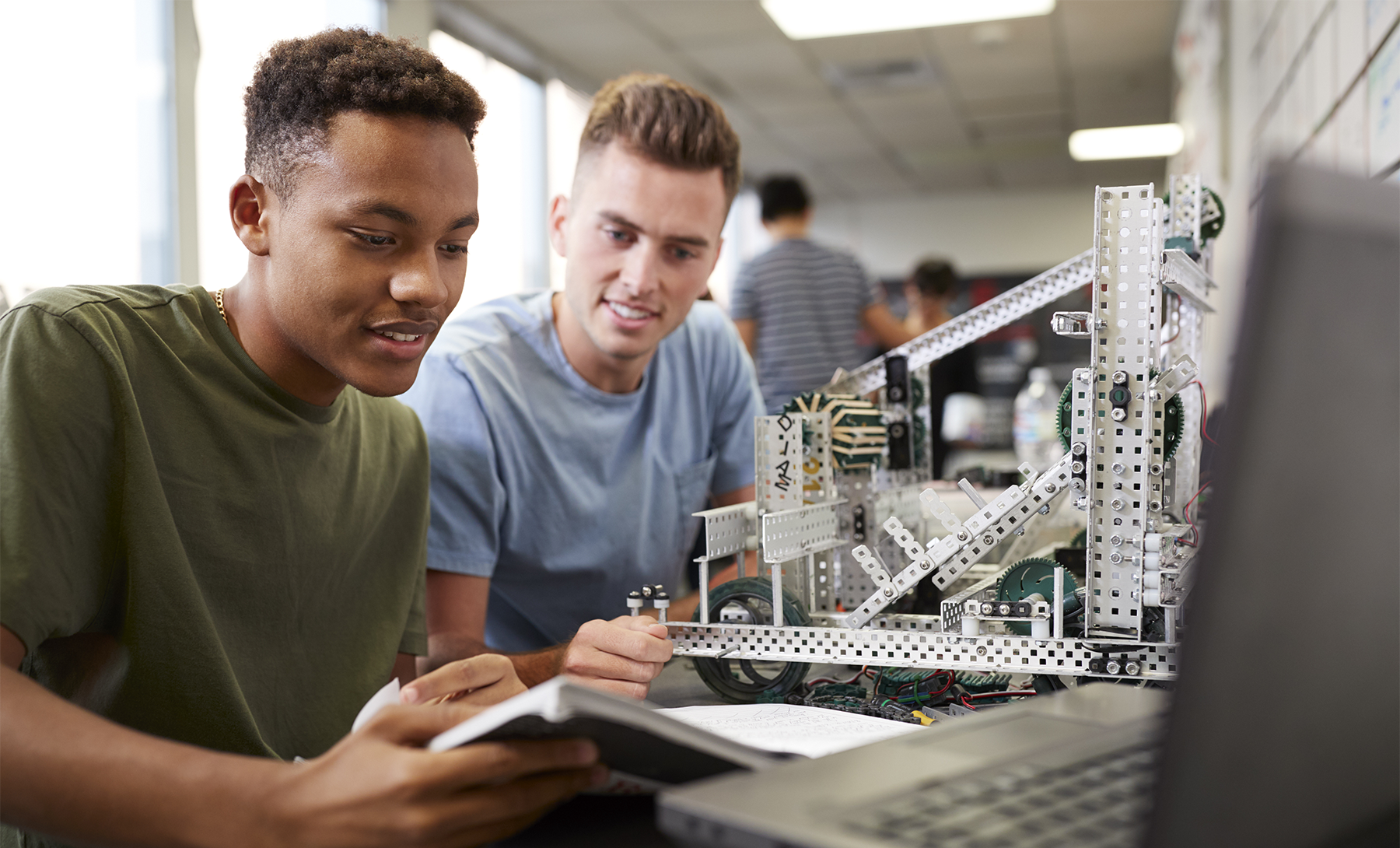Mindset interventions, which shift students’ beliefs about classroom experiences, have shown promise for promoting diversity in science, technology, engineering, and mathematics (STEM). Psychologists have emphasized the importance of customizing these interventions to specific courses, but there is not yet a protocol for doing so. The authors developed a protocol for creating customized “peer-modeled” mindset interventions that elicit advice from former students in videotaped interviews. In intervention activities, clips from these interviews, in which the former students’ stories model the changes in thinking about challenge and struggle that helped them succeed in a specific course, are provided to incoming life sciences students. Using this protocol, the authors developed a customized intervention for three sections of Introductory Biology I at a large university and tested it in a randomized controlled trial (N = 917). The intervention shifted students’ attributions for struggle in the class away from a lack of potential to succeed and toward the need to develop a better approach to studying. The intervention also improved students’ approaches to studying and sense of belonging and had promising effects on performance and persistence in biology. Effects were pronounced among first-generation college students and underrepresented racial/ethnic minority students, who have been historically underrepresented in the STEM fields.
Explorescholarly articles
Peer-Modeled Mindsets: An Approach to Customizing Life Sciences Studying Interventions
Related Stories

Data, Assessment, & Evaluation
Staff Perceptions of First-in-Family Students in Higher Education: A Case Study of a Belgian College

Access and Persistence
“I Wasn’t Supposed to Be There”: Examining the Experiences of First-Generation Women of Color in Undergraduate STEM Majors

Data, Assessment, & Evaluation
